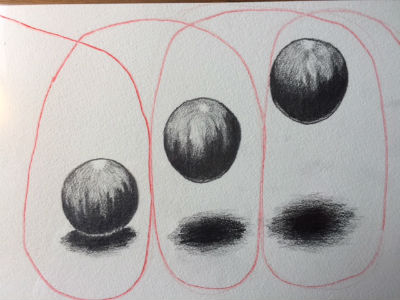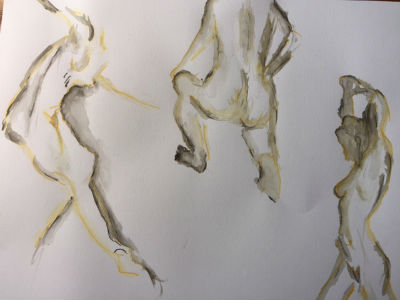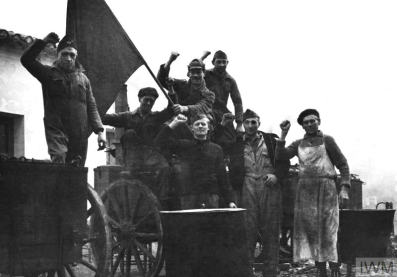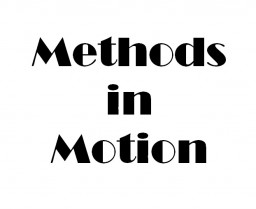
My life experiences have informed my ways of knowing about the social world. Interests, abilities, opportunities and academic skills have played their part – and some unconscious processes. In my PhD, investigating 'technological innovation in car production', (the introduction of robots) in the mid-1980s, in Britain and Brazil, there was a clear desire to connect with my father’s mechanical knowledge and attraction to motor vehicles. My switch to studying household technologies coincided with becoming a mother; I also wrote about mothering, lone mothering, ‘new’ families, and the cultures of everyday life in Britain, exploring changes in my own life and the environment I was living in, curious to learn from others about their lives and choices.
The social divisions of class, gender, ethnicity, and nationality, and the challenges of changing them when culture creates and reproduces inequalities and hierarchies, have occupied most of my research time in the last two decades. My current interest is to investigate the ways in which artistic engagements in contemporary Brazil narrate the political past of the heavy dictatorship period, and how this bears on imagination for the future. This emerged while as visiting professor at the University of Sao Paulo I engaged in discussions with students about political changes, and in flashbacks of memories of my own clandestine political activities as an undergraduate. In the newly opened 'Museum of Resistance' my personal history resonated: friends murdered for protesting; my own imprisonment, listening to friends being tortured, when I was 21 years old.
In my own journey, I see connections between personal, intellectual and professional life. These set the marks of other people (and it is always people or situations that set marks on us, not abstract forces) upon my choices of what to know. Because I know about social life in sociology using my own experience, I am curious about the place of this way of knowing as research process and method.
Conventional methods of sociological enquiry have been thrown into question with the advent of feminist academic research since the 1970s, while today's massive, automated digital data sets challenge the limits of ‘humanly generated’ data. We need experimental, multiple methods for knowing the social; and we need to reflect about the consequences of how we know the social.

This blog series 'Methods in Motion', which I have edited since September 2016, has aimed to gather experiences in creating knowledge from researchers linked to the Centre of Citizenship, Identities and Governance – CCIG. These reflections about our ways of generating knowledge about the social world share the belief that what we know and how we know are intimately linked. And as a result of exploring how we know, we also learn what we don’t know. The movements we make to know, in processual mode, integrating the social, the political and the psychological over time and across space, broaden our perspective. Interdisciplinarity is required in this innovative process.
Methods in Motion thus appear as both a practice and an object of study. In our blogposts, rather than simply assuming that methods describe how the world is constituted, or monitor its workings, our underlying aim has been to reflect on how methods, when deployed, can shape the state of the world.
CCIG’s research environment has made academics highly methodologically creative and deeply reflexive of our learning journeys of producing knowledge. There’s tremendous intellectual energy in the 33 blogs posted. The areas of concern focus on our current work. Politics feature strongly – in international matters, migration research, citizenship engagements with change, Brexit, Trump, the growth of the far-right in Europe, devolution, referendum, social protest movements, political loyalties, state support for childcare, the roles of categories of naming, and the uses of language and discourse. Everyday matters feature, ranging from cycling, ‘folk’ understandings, digital mothering, and uses of memory to stories of suffering from death and bereavement, how to understand gender in fluidity, and what self-help does and how it is done.
In every piece of writing there is something about negotiations of the positionality of the researcher, the implications of engagement, the shaping of knowledge in interactions – and a good number attend to the implications of emotionally sensed knowledge.
The reflections on ‘how we know’ expressed in this rich collection of blogs could be read as an objection to methodological purism, in favour of deep immersion with an array of tools in the service of generating the most reliable research material and conclusions. Complex research questions demand to be approached from various angles, making best use of the researcher’s own experiences.
This resonates with my personal academic trajectory, where methodological eclecticism has provided a means of checking on the plausibility of my interpretations of experiences, desires and imaginations of social life. This is how we have moved forward with our ways of knowing. This is how I have known – so far.
This is the final blogpost in the weekly Methods in Motion series as, following the implementation of the new FASS research strategy, CCIG will cease to exist on 31 October. However there is a further opportunity to participate in our work at the final CCIG event on Methods in Motion, which will be held at Walton Hall on Wednesday 13 December 2017. For details and registration click here.
Elizabeth Silva is a Professor of Sociology at the Open University. She tweets from @ElizabethbSilva.
Images: original artwork by Elizabeth Silva, © Elizabeth Silva






Rate and Review
Rate this article
Review this article
Log into OpenLearn to leave reviews and join in the conversation.
Article reviews